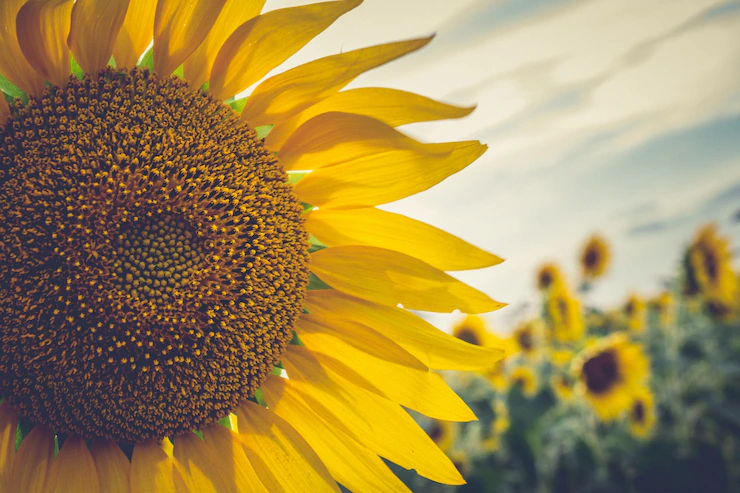When it comes to sunflowers, rust is a common fungal disease that can affect their health and productivity. It is caused by the fungus Puccinia helianthi and can cause significant damage if left untreated. Here are some symptoms of rust that you should look out for in sunflowers:
- Yellow or orange spots on leaves: Rust typically appears as small, circular or elongated spots on the upper surface of sunflower leaves. These spots may be yellow or orange in color and gradually increase in size.
- Raised pustules: As the disease progresses, the spots on the leaves may develop raised pustules. These pustules usually appear on the underside of the leaves and contain masses of spores.
- Brown or black lesions: With time, the spots and pustules may turn brown or black, indicating a more advanced stage of the disease. The affected areas may become necrotic and dry out.
- Premature defoliation: Rust can cause the leaves to become weakened and eventually drop prematurely. This can lead to reduced photosynthesis and impact the overall growth and yield of the sunflower plant.
- Stunted growth: Severe rust infestations can hinder the growth of sunflowers. The plants may appear stunted, with shorter stems and smaller flower heads.
- Spore dissemination: Rust spores are easily spread by wind, rain, or through contact with infected plant material. As the disease progresses, you may notice orange or yellow spore dust on the leaves, stems, or nearby plants.
If you observe these symptoms in your sunflowers, it is important to take action to control the rust disease. Consult with a local agricultural extension office or a plant disease specialist to determine the most appropriate treatment, which may involve fungicides or cultural practices such as removing and destroying infected plant material. Early detection and management can help minimize the impact of rust and protect your sunflowers.
Join 'Farmers Mag' WhatsApp Channel
Get the latest Farming news and tips delivered straight to your WhatsApp
CLICK HERE TO JOIN






